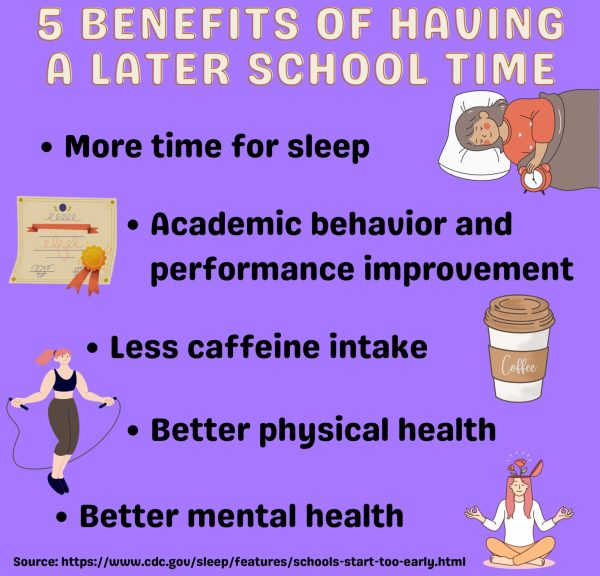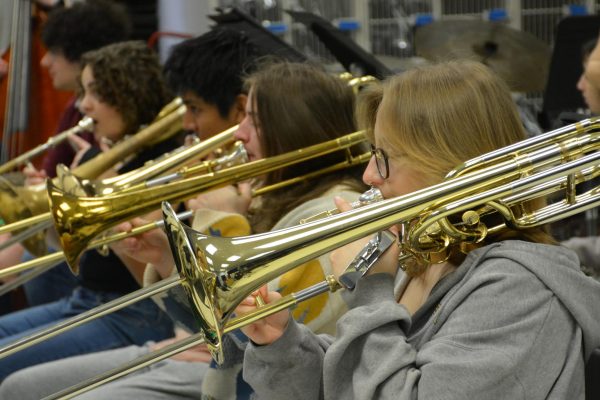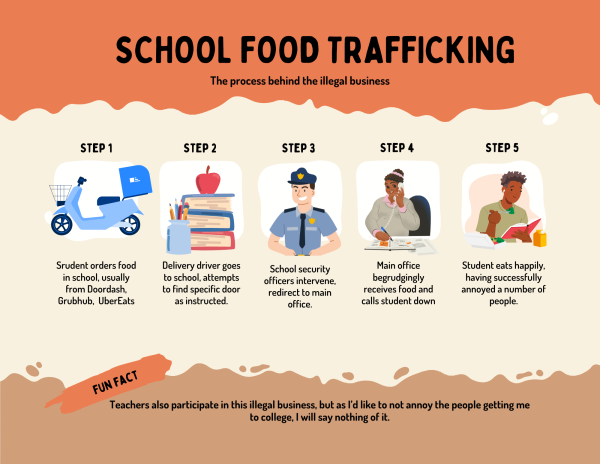Blanket cheating consequences are unfair
June 9, 2017
One picture, of one test, circulates among a whole class of students. Everyone has the answers, and everyone gets an exceptionally high grade without studying. Cheating incidences like this have become increasingly prevalent in all levels of education. This rise in the number of students who cheat has been attributed to a multitude of factors including the development of technology that makes cheating easier, an increase in competition between students and general feelings of apathy and laziness.
“Parents expect so much and most of the kids at this school have so much riding on their GPA,” sophomore Kat Sharma said. “[Parents] have high expectations and [students] don’t always have the time to study with all the extracurriculars they have, so they take the easy way out.”
Until recently, many teachers seem to have been unaware of the cheating that has been occurring. To remedy this, some students have reported cheating incidences to their teachers, who then discovered the problem was widespread. In response, teachers have taken steps to prevent cheating such as making all students retake tests that students were suspected of cheating on, asking students to put away phones and, in some cases, reporting alleged cheaters to the administration.
Though the students who recently reported cheating incidences had good intentions, many who did not cheat were upset over the consequences that they also had to face, such as retaking a test, although they had not cheated. The phrase “snitches get stitches” is now being used in reference to those who reported cheating. According to some, those suspected of reporting acts of cheating have been subjects of verbal teasing.
“If someone was a snitch, they would probably get bullied a lot since people would feel that they have been wronged,” sophomore Grady Martin said.
Although it is unfair that students who have not cheated must also face consequences, it is even more unfair for students to attack those they call “snitches” because they blame them for a teacher’s response to cheating. Those who have reported cheating shouldn’t be attacked, because they ensure that the grades students receive are accurate representations of their work.
“I think it’s rude to put someone down who has been trying to do the right thing and stand up for their education,” Sharma said.
One reason that many students are upset about the reporting of cheating is that some teachers have decided not to write letters of recommendation for any student from the Class of 2019 because of the number of cheating incidences among sophomores this school year. While it is understandable that teachers are disappointed with the cheating that has occurred, punishing an entire class of students is harmful because many who do not cheat need recommendation letters for club leadership positions, internships and, eventually, college applications. Teachers of juniors are often overwhelmed by recommendation requests and may be even more so if some teachers of current sophomores decide not to write letters for any students, regardless of whether they have cheated or not.
“Eventually you are really going to need your teachers’ letters of recommendation for college and things of that nature,” school psychologist Felina Williams said. “If teachers are now saying that they are not going to write letters of recommendation when you need a teacher’s letter, then how would you make sure that need is met?”
Though there should be ramifications for cheating, the consequences should not extend to all students, but just to those who cheat. Teachers may find it difficult, or even impossible, to identify every student who has cheated, but the remedy is not to punish all students as this can severely limit them in the future.
“It’s not fair that the actions of just a few people have such a lasting impact on all of us,” Sharma said.
At the end of the day, however, those at fault for these blanket consequences are not the teachers who implemented them, nor those who reported cheating, but rather, those that cheated in the first place.
“You can get kicked out of college for cheating; it could affect your discipline record and it also could reflect on how teachers view you as a person,” Principal Teresa Johnson said. “If you want teachers to write a recommendation for you, you better be very careful because they are not always inclined to write letters of recommendation if they are questioning a student’s character.”












